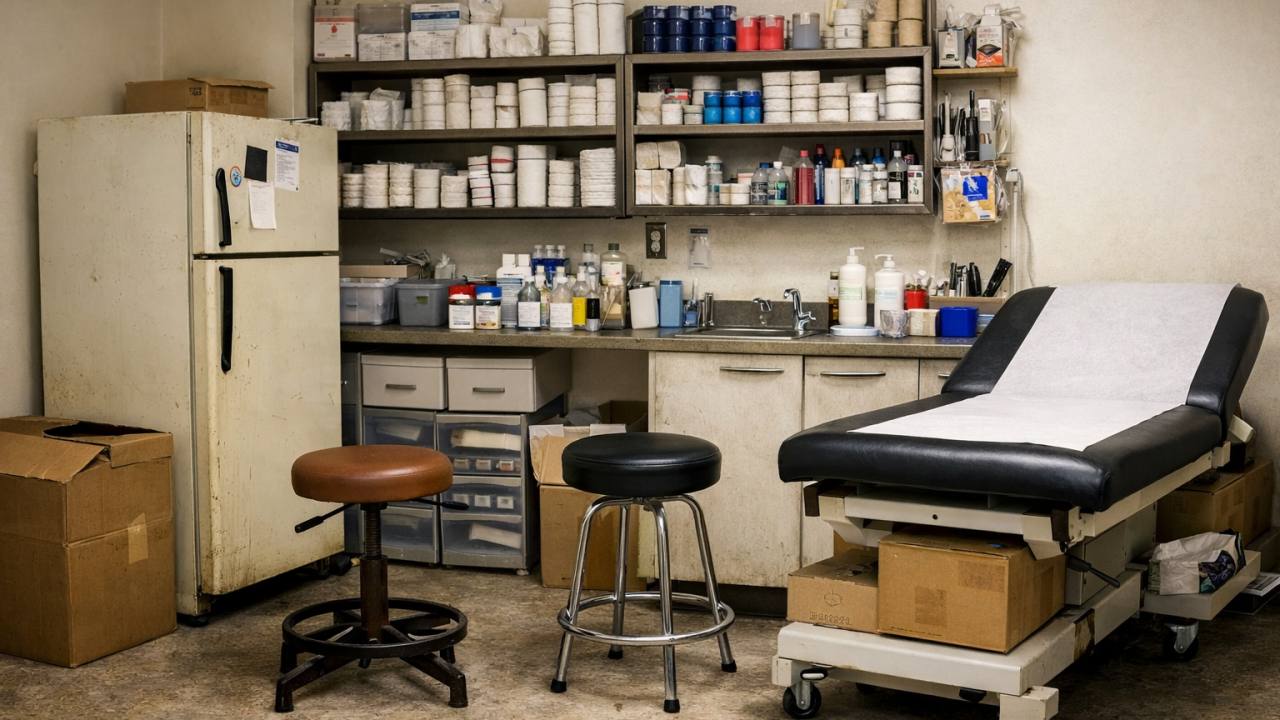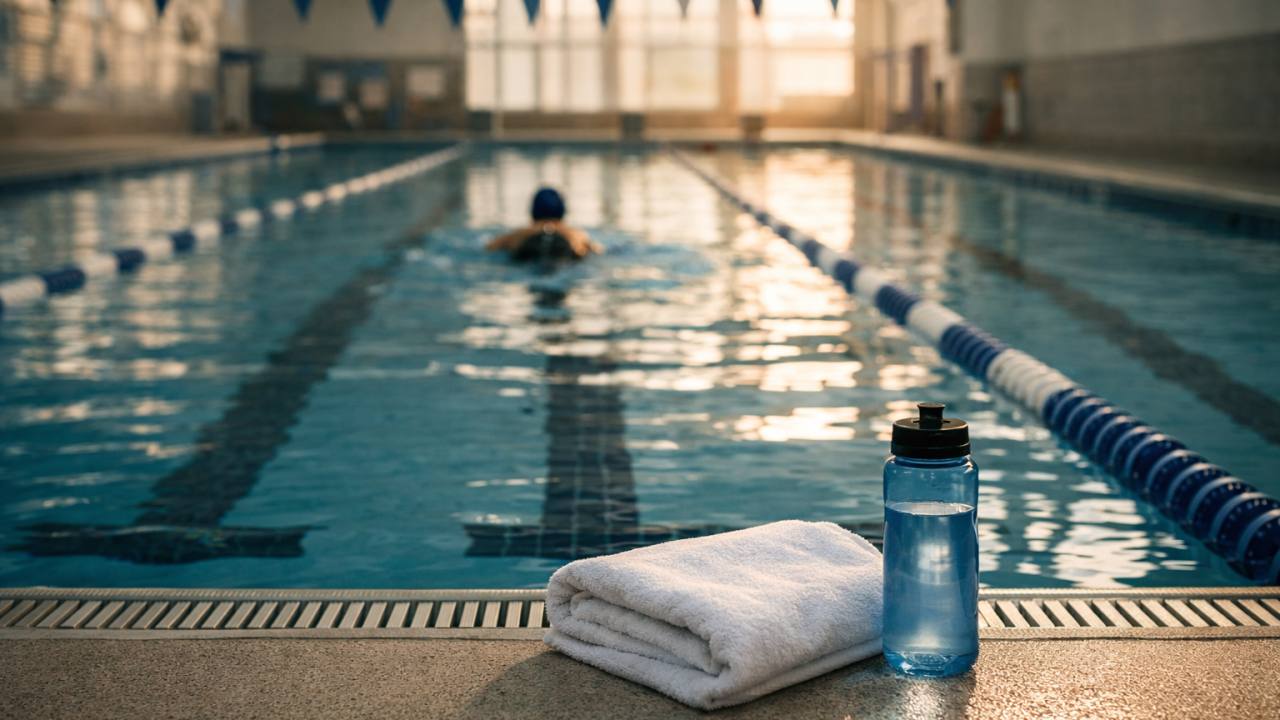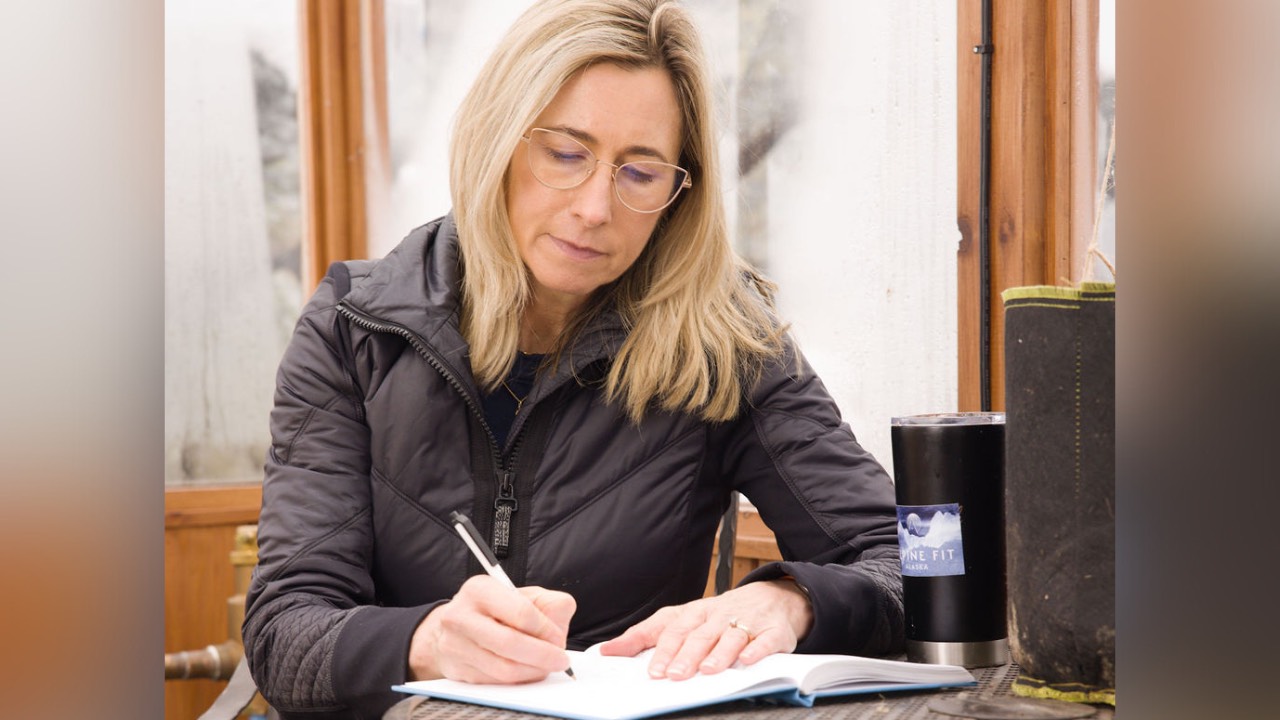Reflection: Game Tape
One small aspect of the culture I grew up in centered around College Football. (Stick with me, non-sports fans) As we soon head into the College Football Playoffs, watching Sports Center Game Day with retired coach Nick Saban and former players Des Howard and Kirk Herbstreet is entertaining and informative. They pull out their pointers and slow-mo the film to track what went well and where things need to be improved in both the strategies and execution -- just like in hundreds of locker rooms across the US on any given week.
The practice of replay and analyzing was brought up in a new way as I spent time on a plane watching a documentary on the Blue Angels (stationed in my hometown of Pensacola 🛫). It was fascinating to realize that they also play back their training stunts to make adjustments in order to pull off some fantastic air-acrobatic feats successfully.
This aligns so well with Donald Schön's contribution to adult learning. He taught us to "reflect on" a situationso we can "reflect in" a situation. In other words, by studying our own game tapes afterward, we can analyze what went well, & what we need to do differently. If we practice enough, we can adjust and pivot in real time ("reflect-in"). Schön's surprise is the recognition that something new is occuring and requires flexibility to adapt.
In medical education, we need to cultivate this recognition so it is noticed in the busyness of our and our trainees' day. Recognizing a nuanced situation helps identify knowledge gaps that we can then reflect on, furthering learning and improving execution next time.
I recently had the opportunity to use this with a resident. A few clues pointed to a need for a CXR on the resident's patient. When presenting, the resident didn't mention a CXR. I asked their thoughts on obtaining one. They said, "I actually told the patient we may consider it." I asked him to reflect on the situation to consider what led him to consider it in the first place and why it had been taken off the plan. They then realized a couple of signals pointing to the imaging need but dismissed it when the patient told of some mild improvement. When given a chance to weigh all the evidence, they decided a CXR would be indicated. (It was then ordered and abnormal). This learning from this reflective process ("reflecting on") will help the resident in the future weigh all the evidence objectively in the moment ("reflecting in") and not let the subtle considerations pass them by.
I want to point out that "reflection on" to "reflect in" is adaptive and productive. It is NOT rumination in which one beats themself up. That becomes maladaptive quickly.
Reflection: So, how do you replay your game tapes? What's your process? How do you make time? How do you keep it focused on analysis and learning for future interactions instead of replaying them to torture yourself? I'd love to hear!





Responses